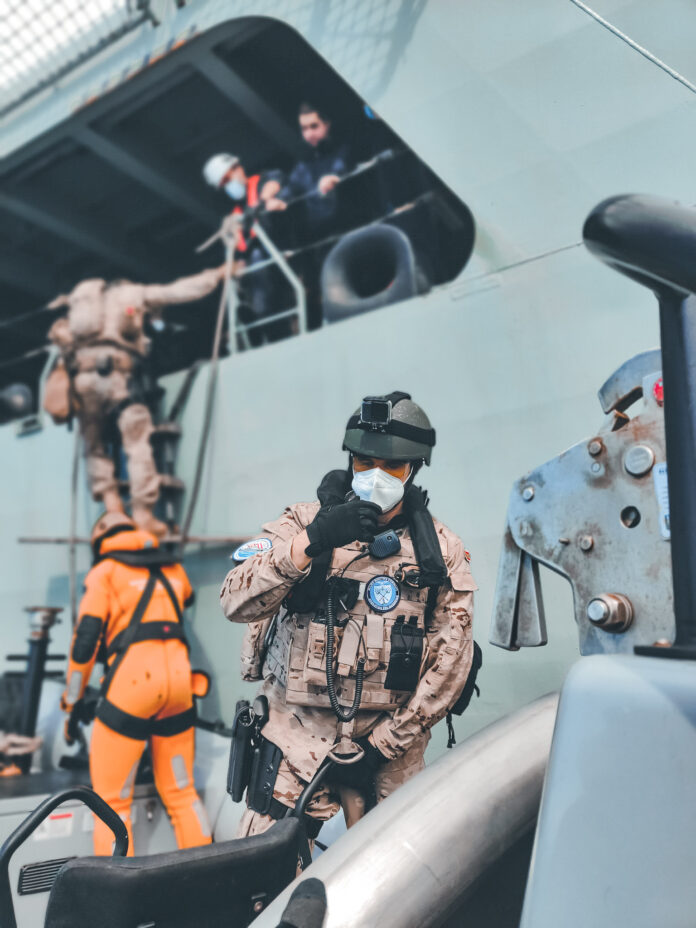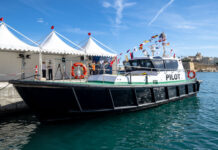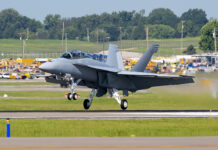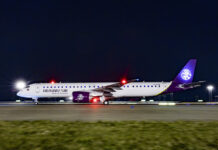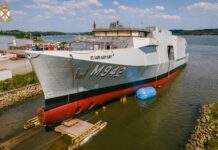NATO’s Operation Sea Guardian Task Group concluded its first focused security patrols in the Western Mediterranean Sea this year on March 25.
Operation Sea Guardian (OSG) is a year round, standing Maritime Security Operation in the international waters of the Mediterranean Sea with three main tasks: Maritime Situational Awareness, counter terrorism, and regional capacity building. OSG’s flagship Portuguese offshore patrol vessel NRP Viana do Castelo (P360) led the NATO Task Group joined by offshore patrol vessels Spanish ESPS Audaz (P45) and Royal Navy HMS Trent (P224). Maritime patrol aircraft and airborne early warning aircraft from Canada, Portugal, Spain, and Turkey provided air support, in addition to a Portuguese Navy helicopter squadron unmanned aerial vehicle detachment.
Over two weeks, the OSG TG conducted a combined 26 days of focused security patrols at sea and more than 16 hours of air patrols to deter and identify potential illicit maritime activity.
“These focused operations have demonstrated OSG’s capacity to build trust with Partner nations and gain interoperability to best achieve maritime security in the Western Mediterranean,”
Captain Neves Rodrigues, Commander, OSGTG Portuguese Navy
This iteration of focused security patrols concluded with a port visit to Tangiers, Morocco, and an at-sea passing exercise with the Moroccan Navy. In Tangiers, Rodrigues met with Spanish General Consul and Moroccan naval authorities, including the Commanding Officer d’Armes Delegué de la Place de Tangiers/Larache, the Commander in Chief of the North Maritime Sector of Royal Moroccan Navy, and the Commanding Officer of the 5th Naval Base. On completion, the crews of the NATO ships met with the Royal Moroccan Navy staff to coordinate the passing exercise involving several serials including boarding and ship handling exercises. These events helped foster positive relationships and collaboration in an international setting.
OSG is a non-Article 5 maritime security operation aimed at working with Mediterranean stakeholders. It helps facilitate a fusion of information to create a comprehensive picture of daily activities in the Mediterranean via Maritime Situational Awareness (MSA) activities and six focused security patrols each year. This includes monitoring sea lines of communication (SLOCs), localized traffic patterns in international waters outside ports of interest in the Mediterranean Sea, and coordination with national navies to enable timely decision making and address potential maritime security challenges.
MARCOM serves as the hub of maritime security information sharing for the Alliance. Allied nations’ forces specifically support this operation in various ways through active, standby, or associated support.


